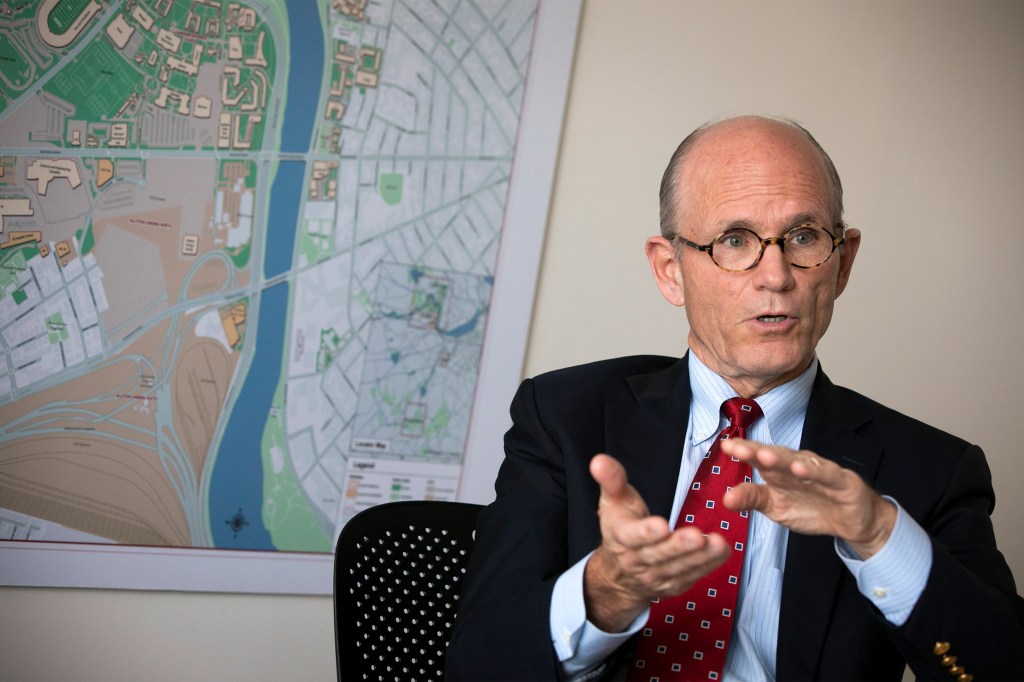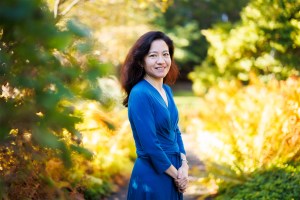Campus & Community
-

A second shot at Olympic glory
Battle-tested current, former students return to Winter Games
-

Journey on ice and water
Former figure skating star Caitlyn Kukulowicz still hits the triple lutz but has found new place at boathouse
-

Carter Joel Eckert, 79
Memorial Minute — Faculty of Arts and Sciences
-
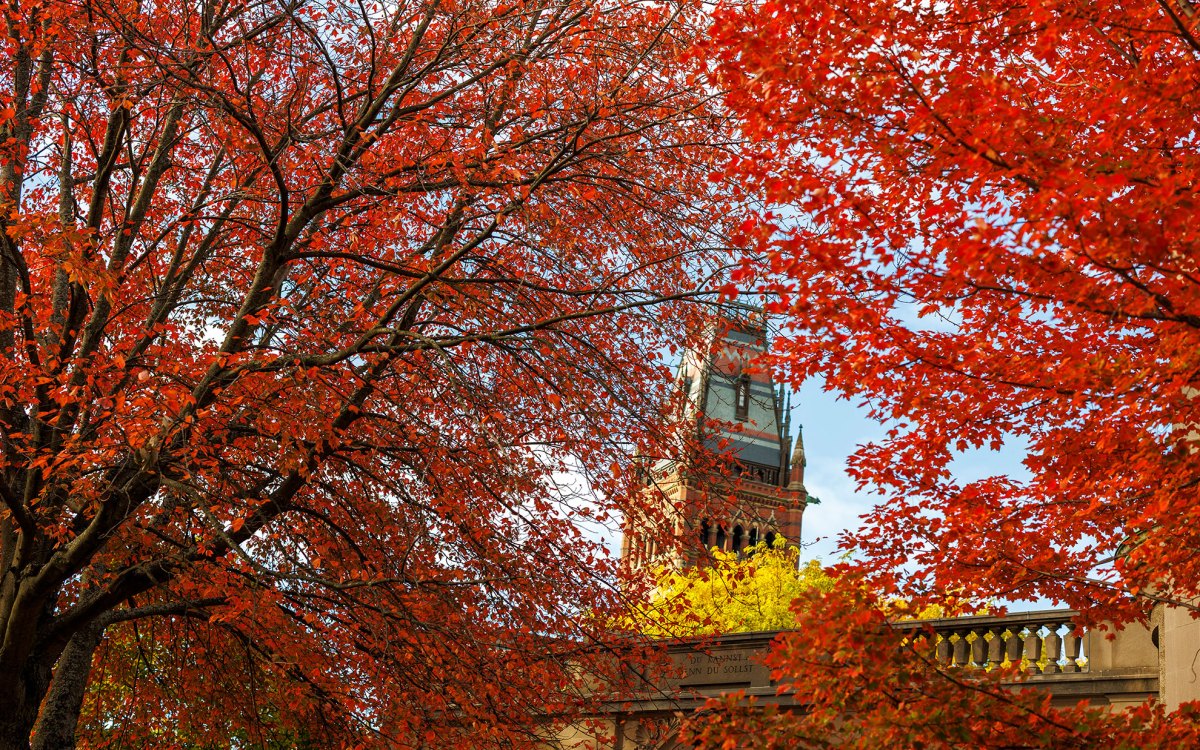
Nikolaas Johannes Van Der Merwe, 85
Memorial Minute — Faculty of Arts and Sciences
-
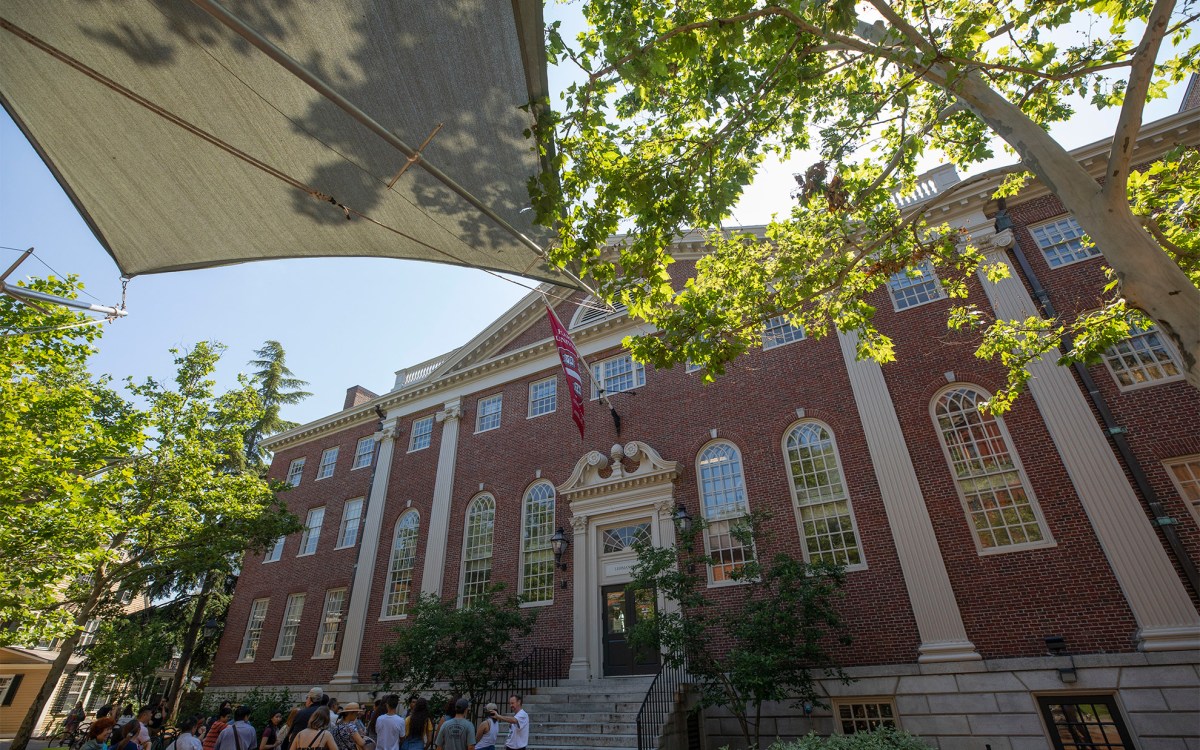
Alumni rally to support next generation of researchers
FAS launches match to secure $100M for Ph.D.s
-

Michael Keaton and Rose Byrne named Hasty’s Man and Woman of the Year
Actors to be honored with celebratory roasts and Pudding Pots
-
Explore Widener in all its glory, from your desk or phone
Explore Harvard’s Widener Library, from its marble rotunda to the Loker Reading Room, through a new 360-degree virtual tour.
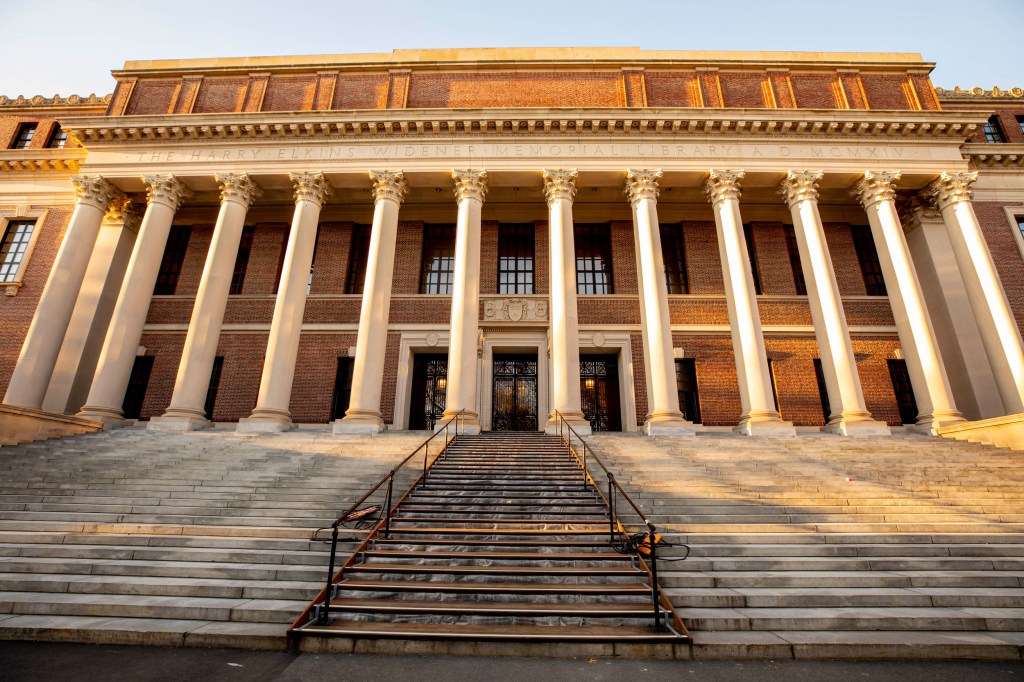
-
A new name for the Semitic Museum
Harvard Museum of Ancient Near East more “accurately reflects the diversity of the collection.”
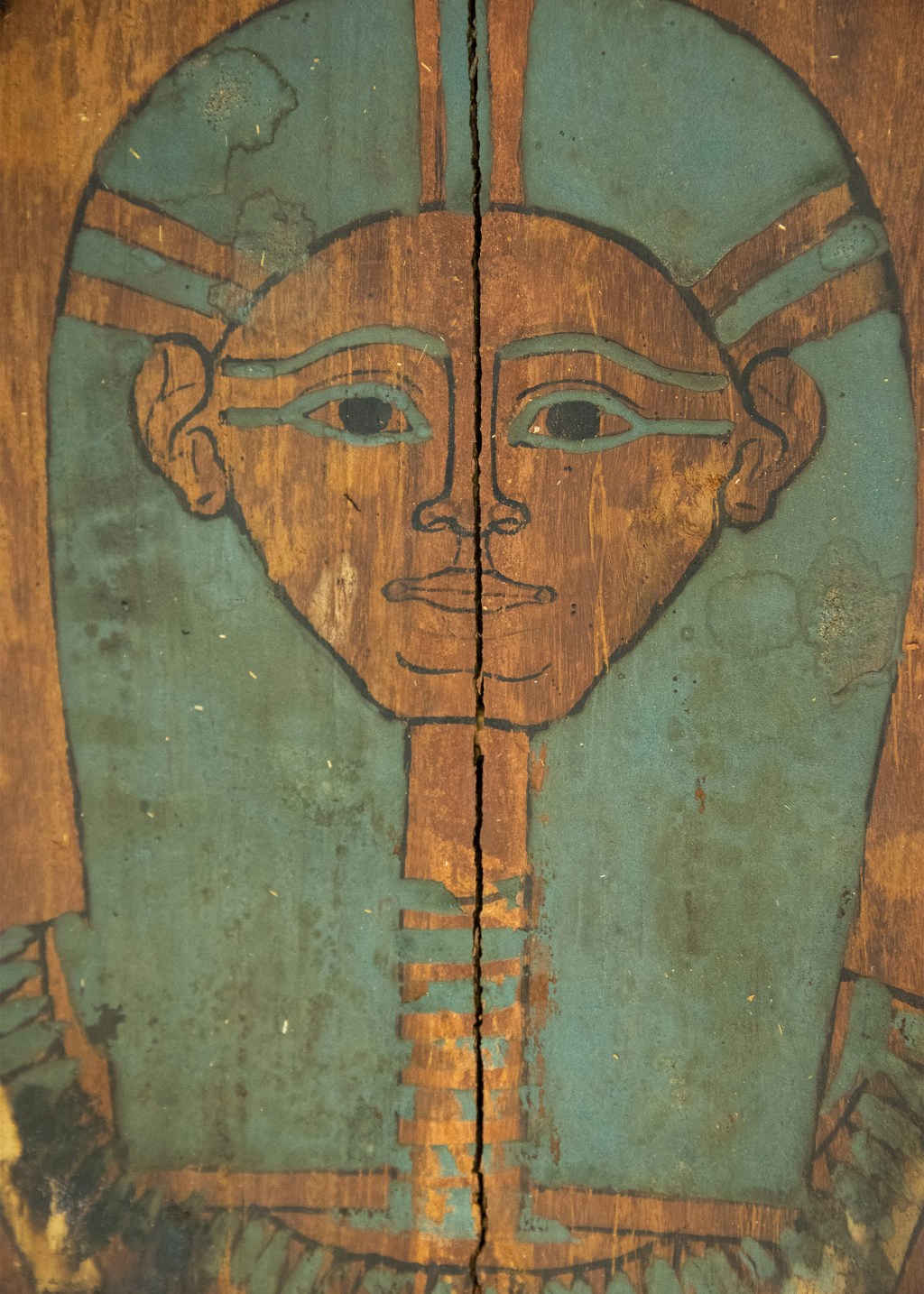
-
Dispatches from socially distancing students and faculty
Harvard students and faculty offer glimpses into their lives during social distancing.
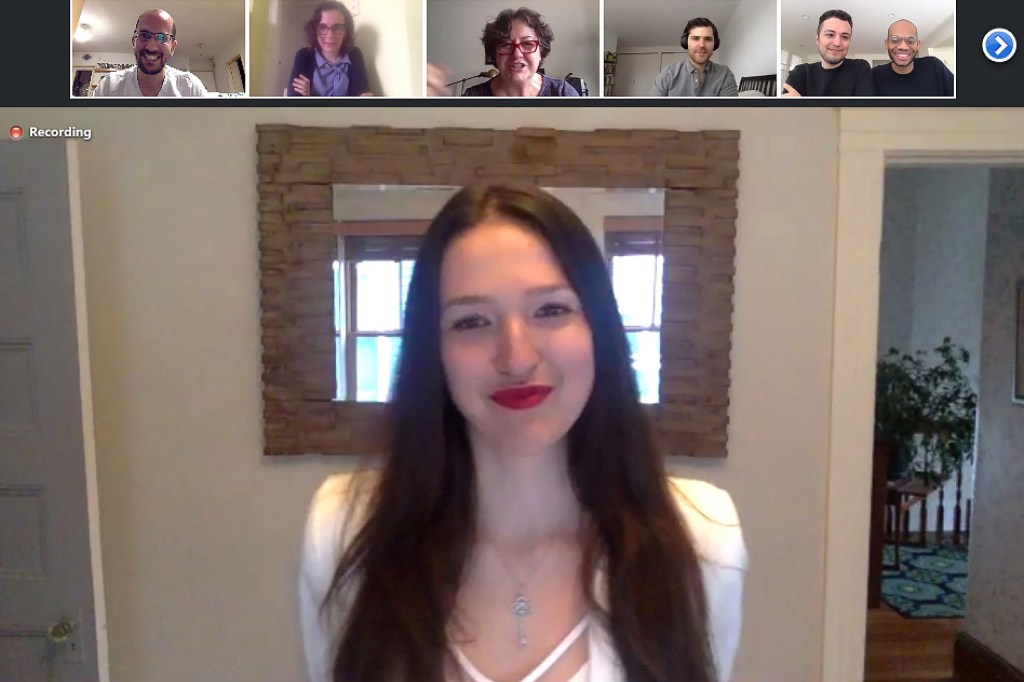
-
Harvard, in the background
Harvard’s best angles, to display in the background of conference calls.
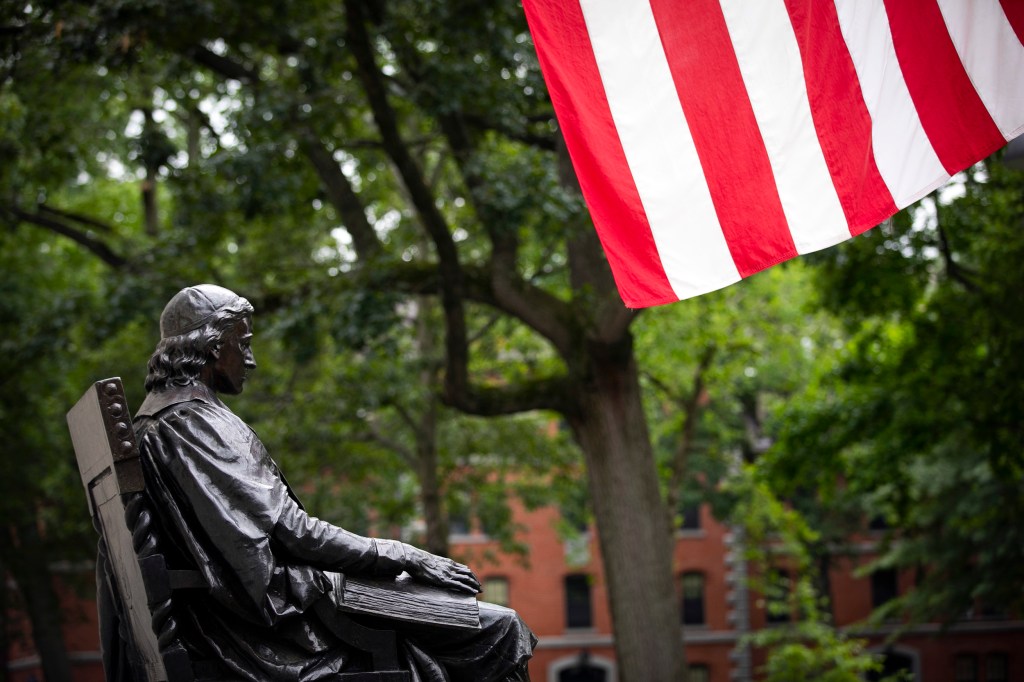
-
By phone and online, the care continues
A Q&A with Harvard University Health Services’ Executive Director Giang Nguyen about the steps taken to move as much care online as it could as the novel coronavirus approached. He also outlines new resources available to the Harvard community.
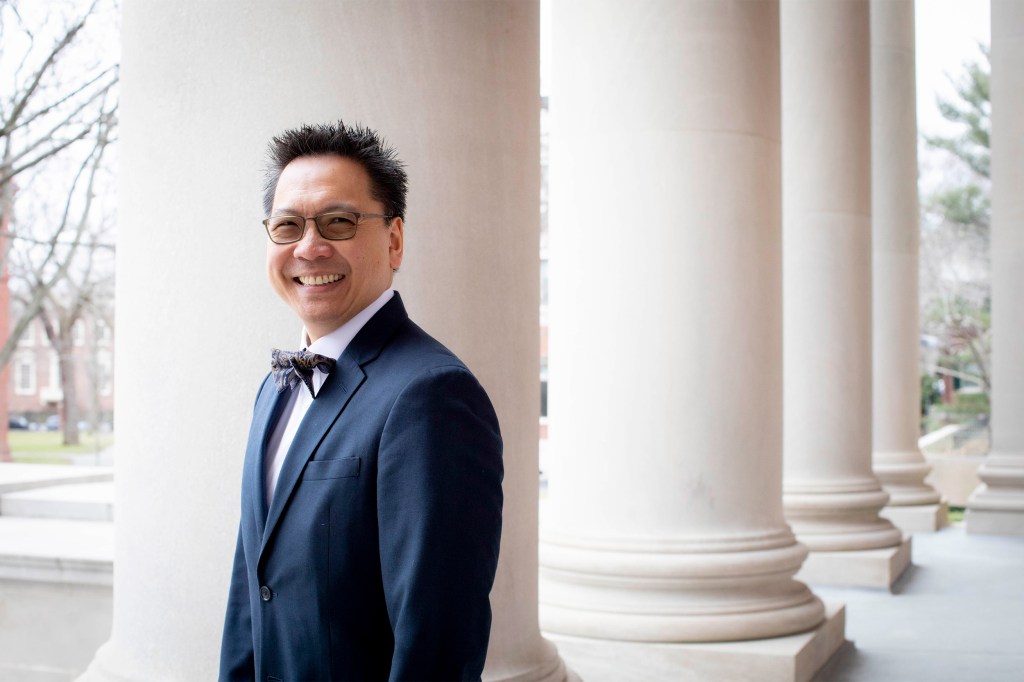
-
SEAS moves opening of Science and Engineering Complex to spring semester ’21
Temporary suspension of construction work by the city of Boston has pushed back the planned fall opening of Harvard’s Science and Engineering Complex in Allston until next spring semester.
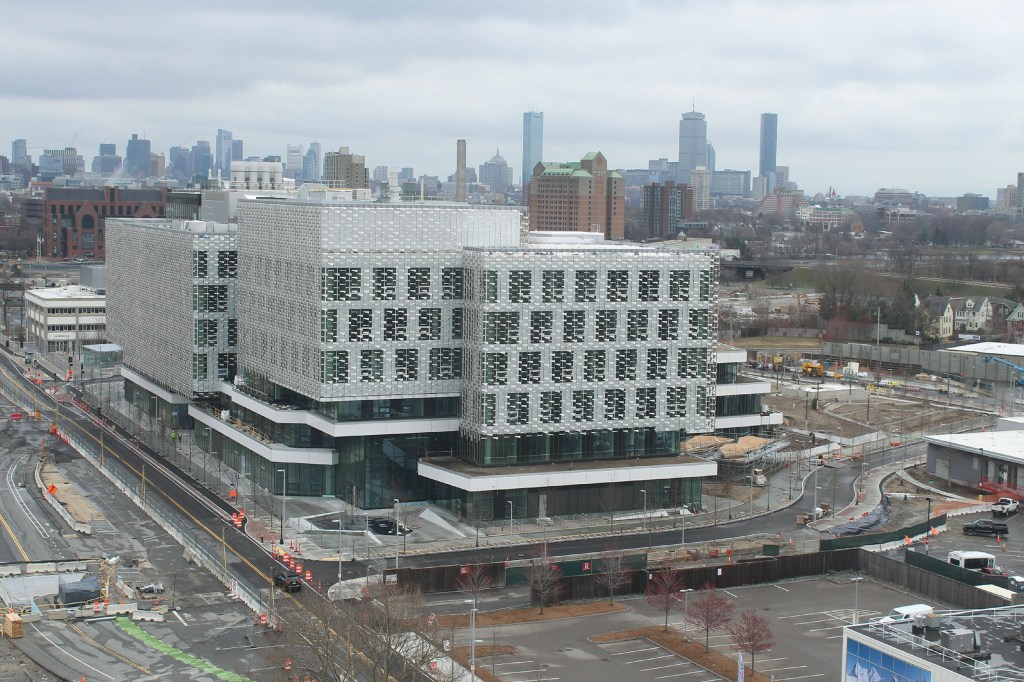
-
Blessings from afar
How Harvard is observing Easter and Passover in the age of coronavirus.
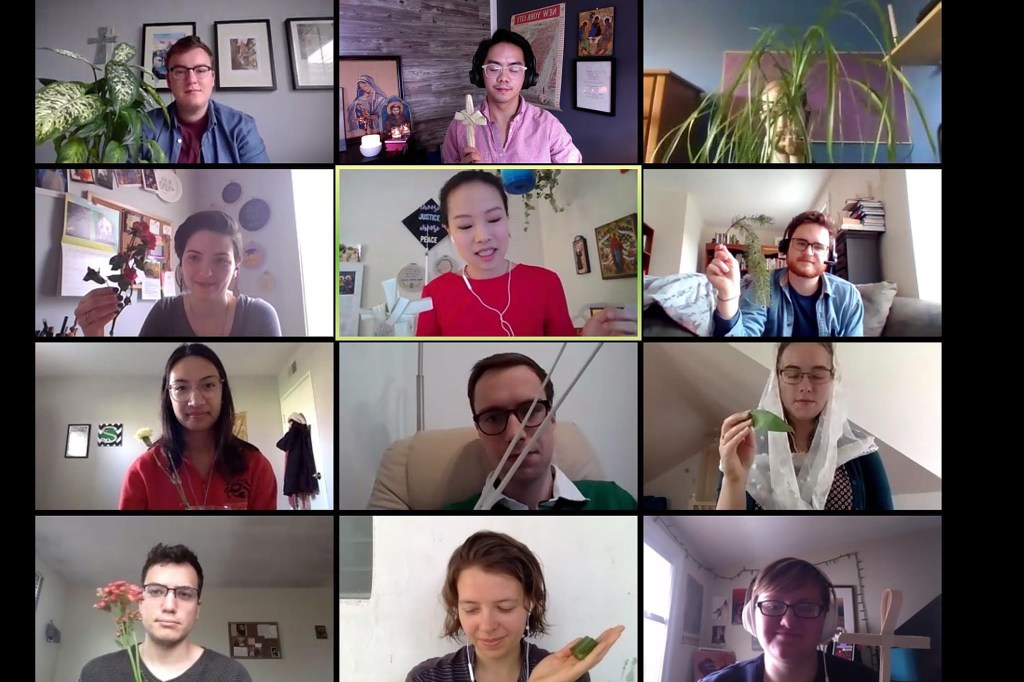
-
‘The world changed, so we changed with it’
While the majority of the Wyss Institute is working remotely, a small but dedicated team is still coming into the lab to help treat and cure COVID-19.
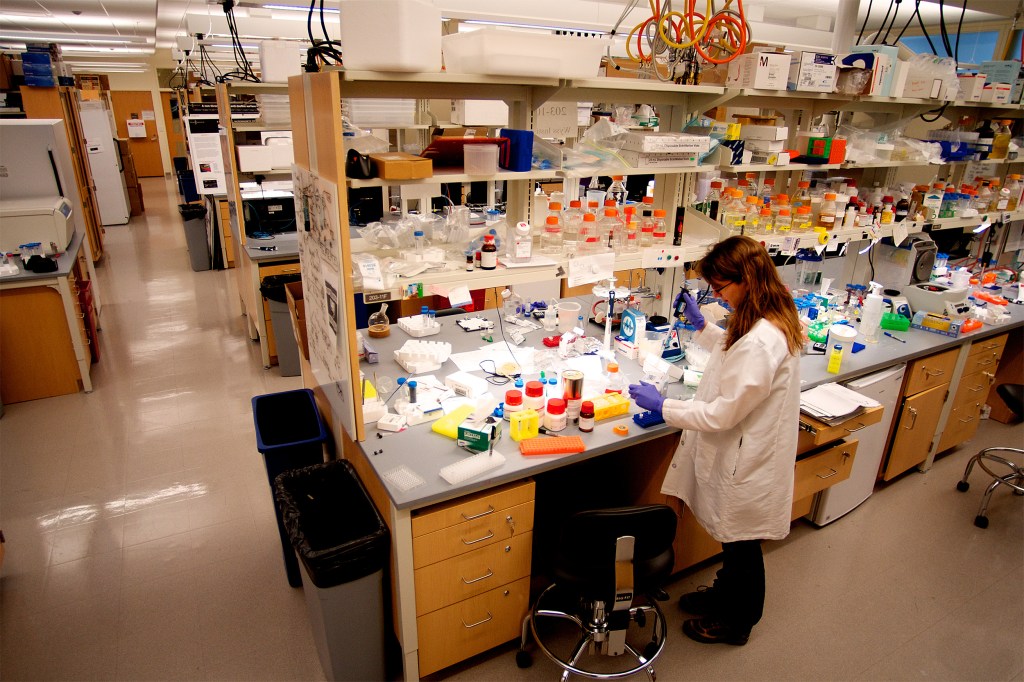
-
Harbingers of Housing Day
The background and history of the Harvard House mascots and the students beneath the masks.
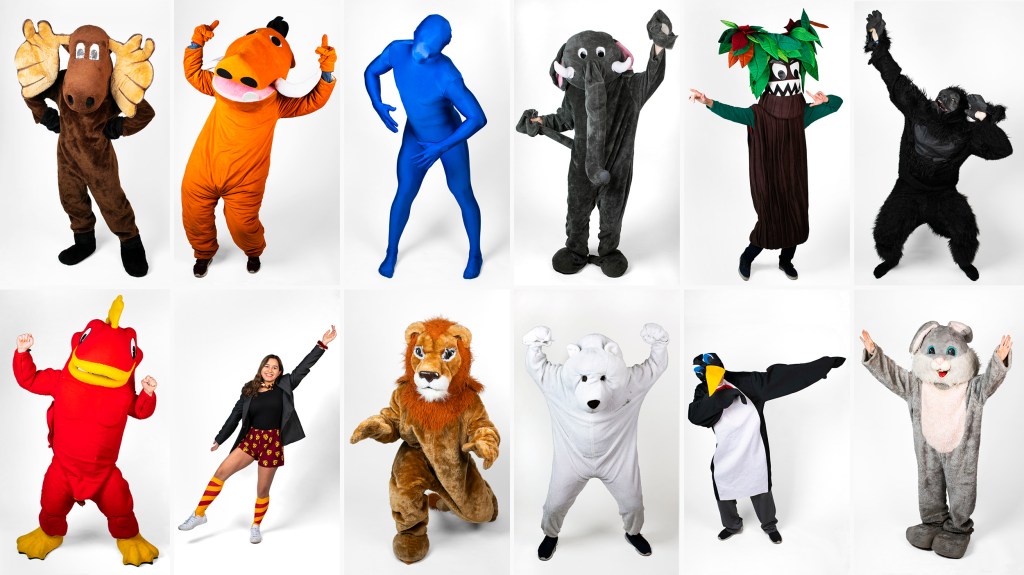
-
Turning Harvard virtual
A look at how Harvard University Information Technology helped the University, including the College and 12 graduate Schools, move all classes online.

-
The way we live now
One Harvard student describes what life is like on a deserted campus while another shares his experience going home and the adjustments the followed.
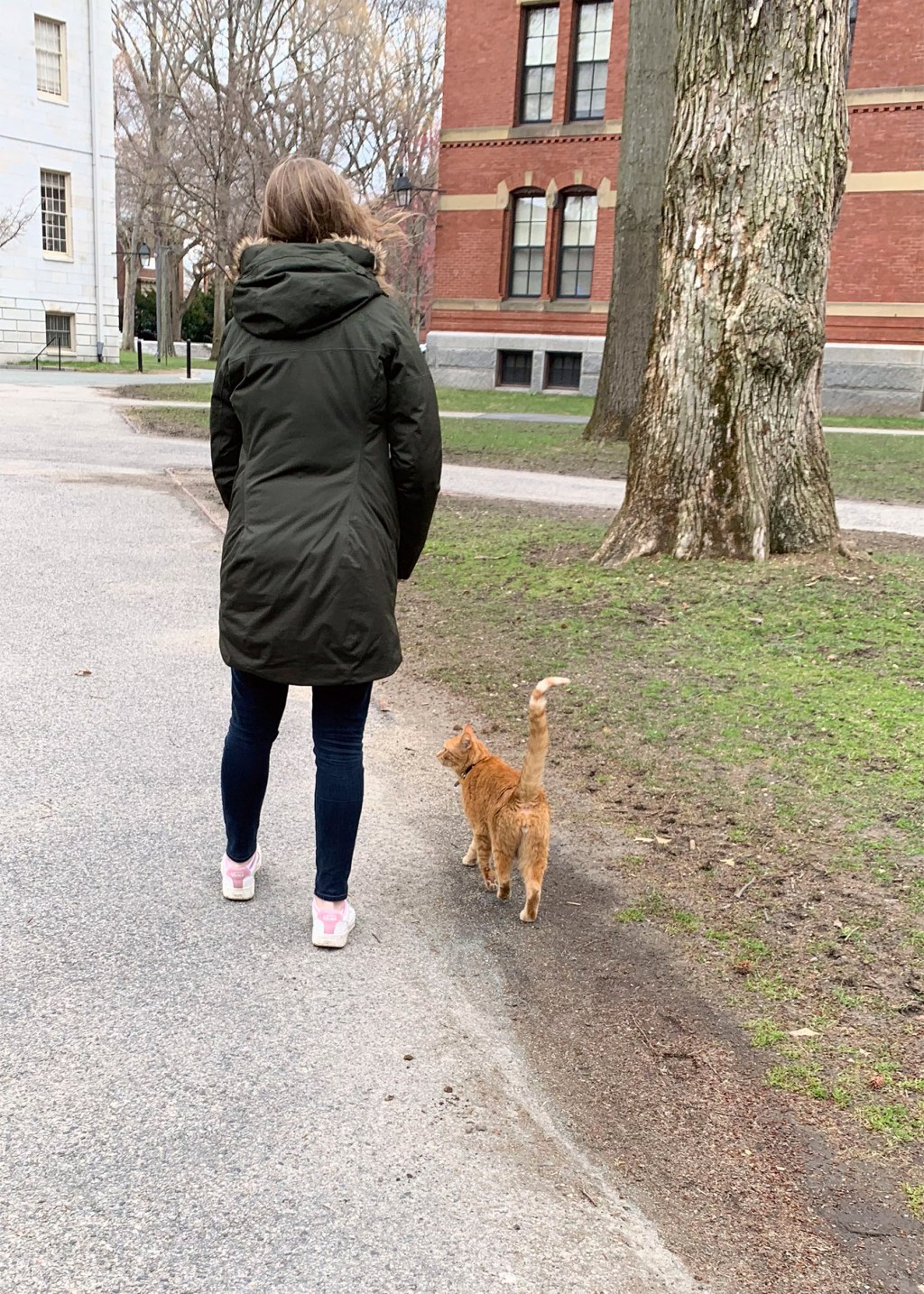
-
Harvard and MIT donate $500,000 to Cambridge
Harvard University has donated $250,000 to support a temporary emergency shelter in Cambridge.
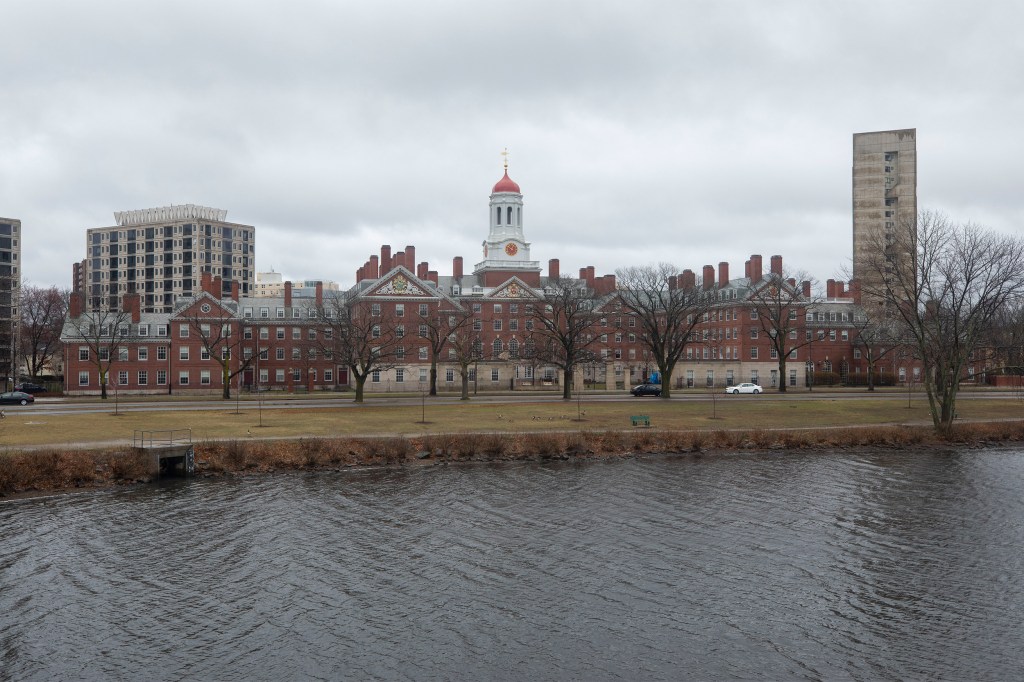
-
Graduate School of Design’s dean diagnosed with non-Hodgkin’s lymphoma
Graduate School of Design Dean Sarah M. Whiting diagnosed with non-Hodgkin’s lymphoma.

-
‘I thought: This is going to be interesting’
Nearly two weeks after he announced that he and his wife, Adele Fleet Bacow, had been exposed to the novel coronavirus, Harvard President Larry Bacow shared his experience with the pandemic illness.
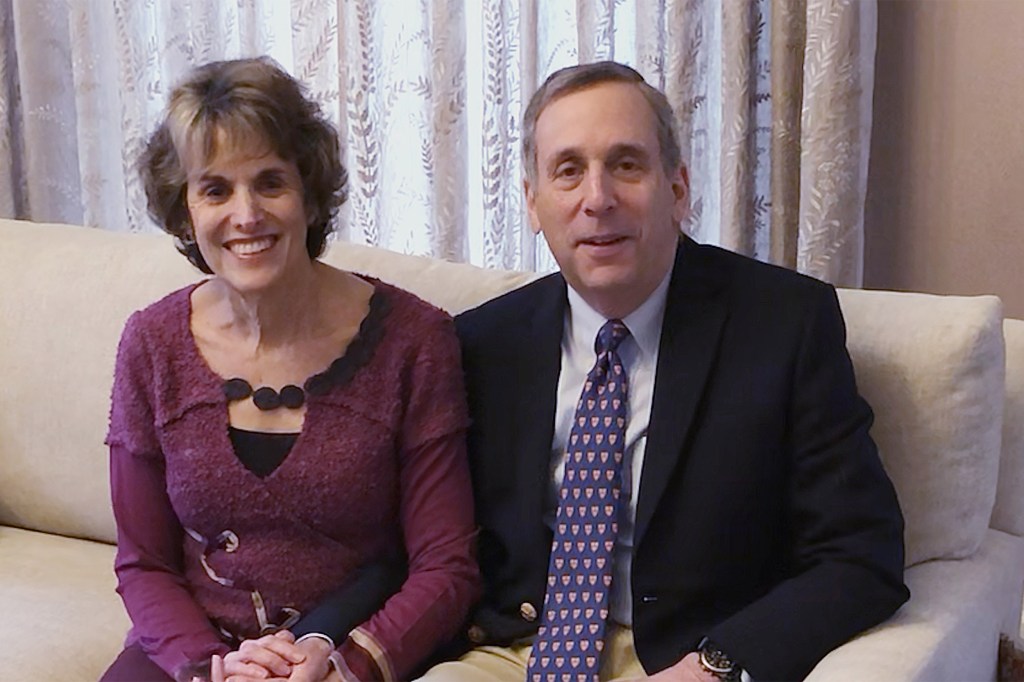
-
Mobile clinics finding their place in pandemic
Harvard Medical School’s Family Van co-hosted a webinar to discuss what the mobile clinics have to offer during the coronavirus pandemic — and it’s a lot.
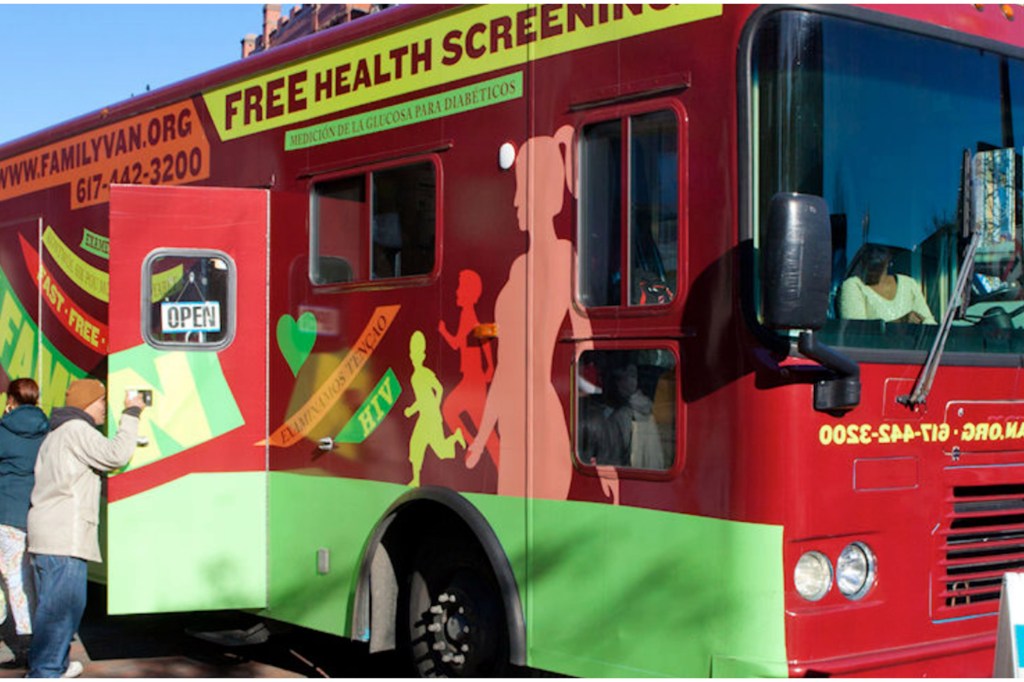
-
Notes from the new normal
What is normal in a quarantined world? Apparently, whatever you want it to be.
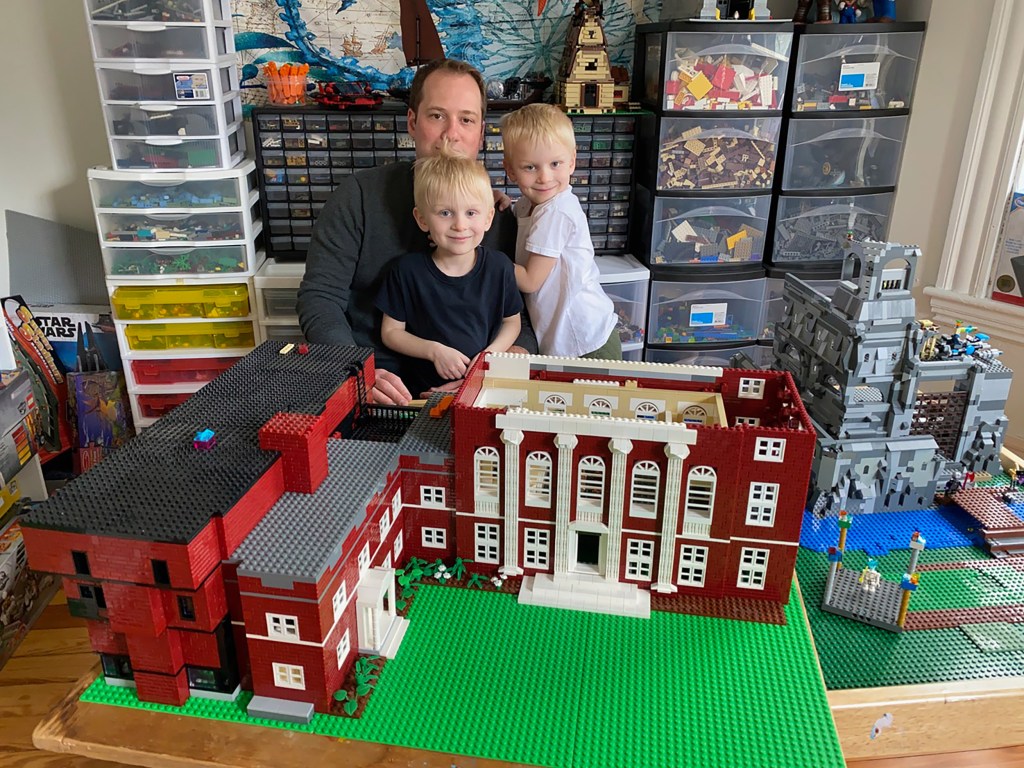
-
Zooming through the grad Schools
A look at how virtual classes are going at Harvard’s graduate Schools, whose needs and missions are different from the College’s.
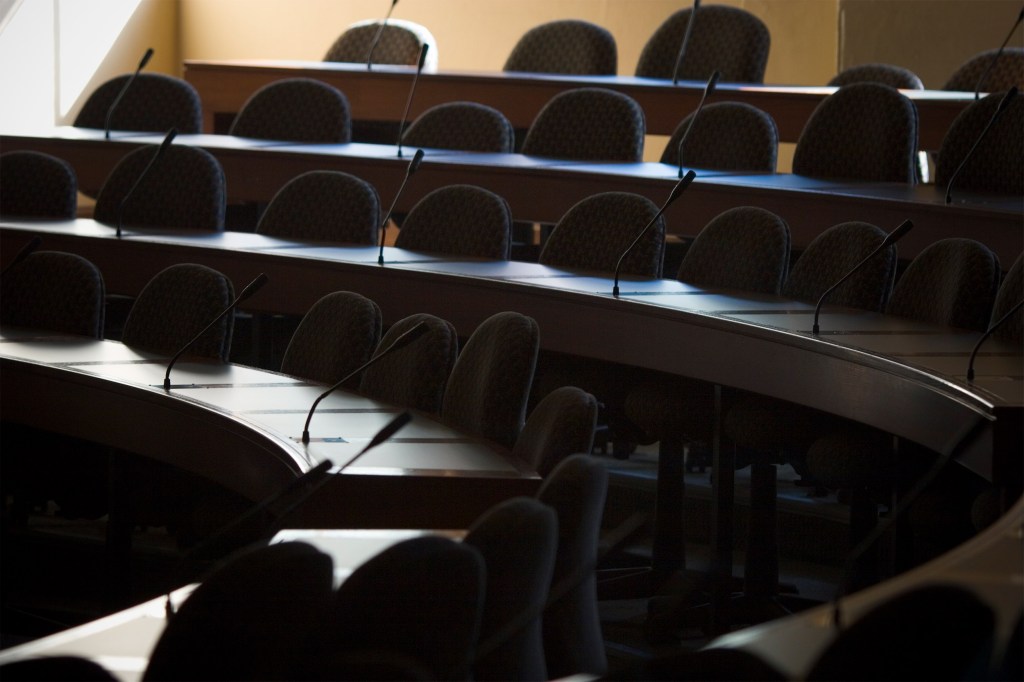
-
University community rallies to deal with COVID-19 crisis
Harvard faculty, students, researchers, and staff are working with hospitals, first responders, state and city leaders, and many more across Greater Boston to support the response to the coronavirus pandemic.
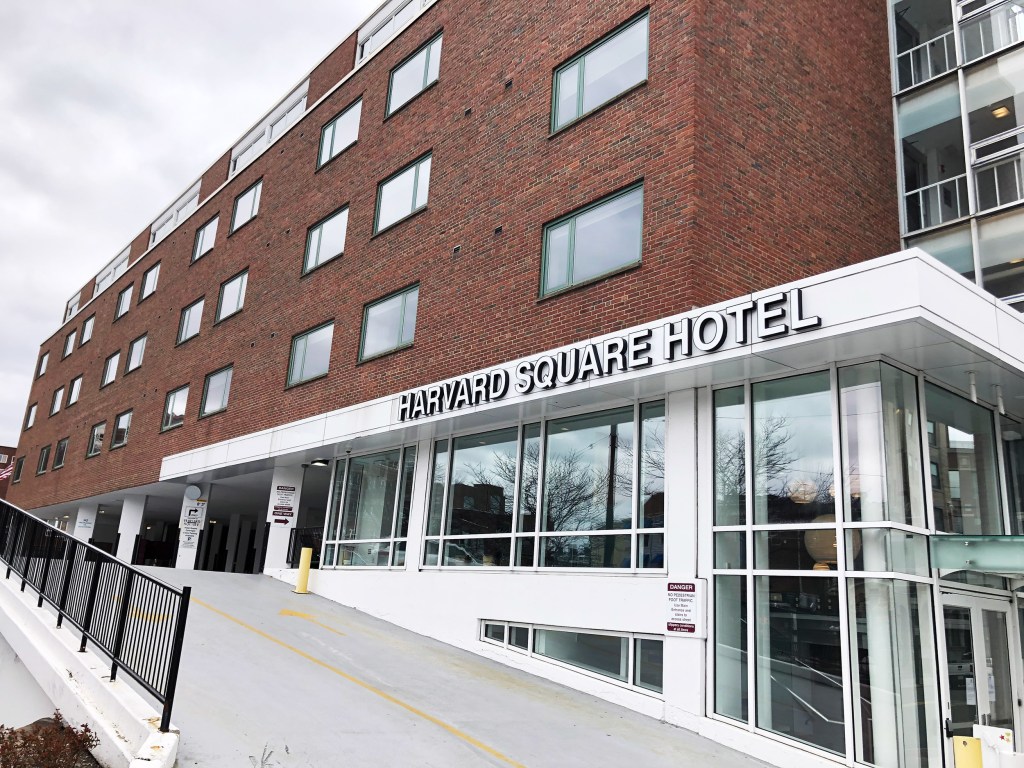
-
Harvard board elections moved to summer in response to virus disruptions
Harvard’s governing boards have announced the delay of the 2020 Overseer and HAA Elected Director elections until July to allow voters time to respond and adapt to the COVID-19 crisis.
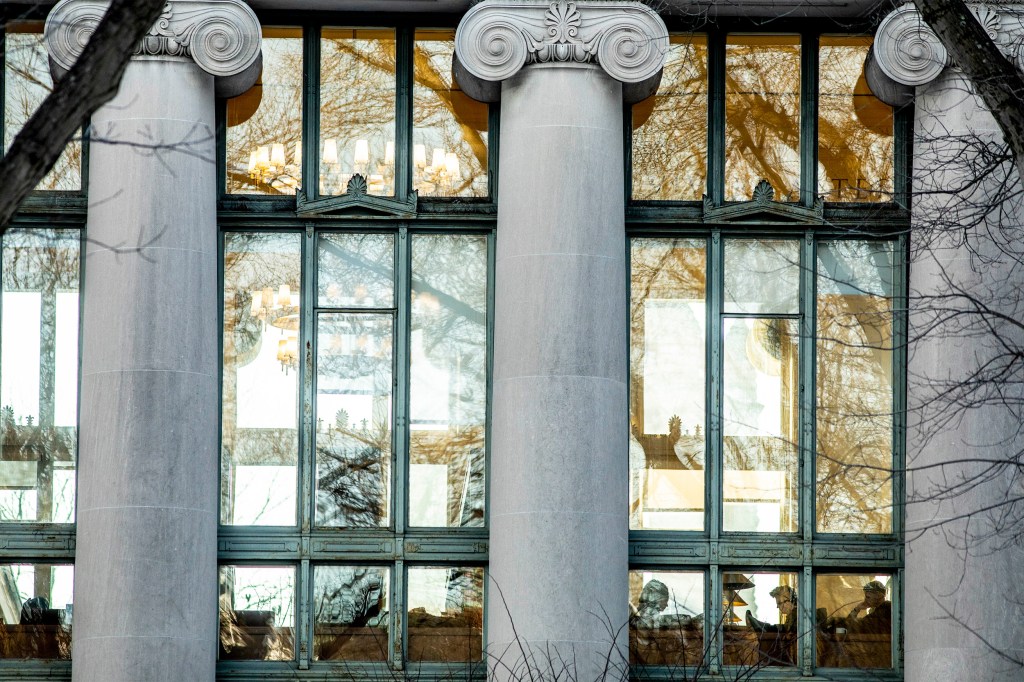
-
For professors who have taught at Extension School, Zoom is an old friend
The Division of Continuing Education, which offers nearly 900 online courses each year, is helping the College move to online learning.
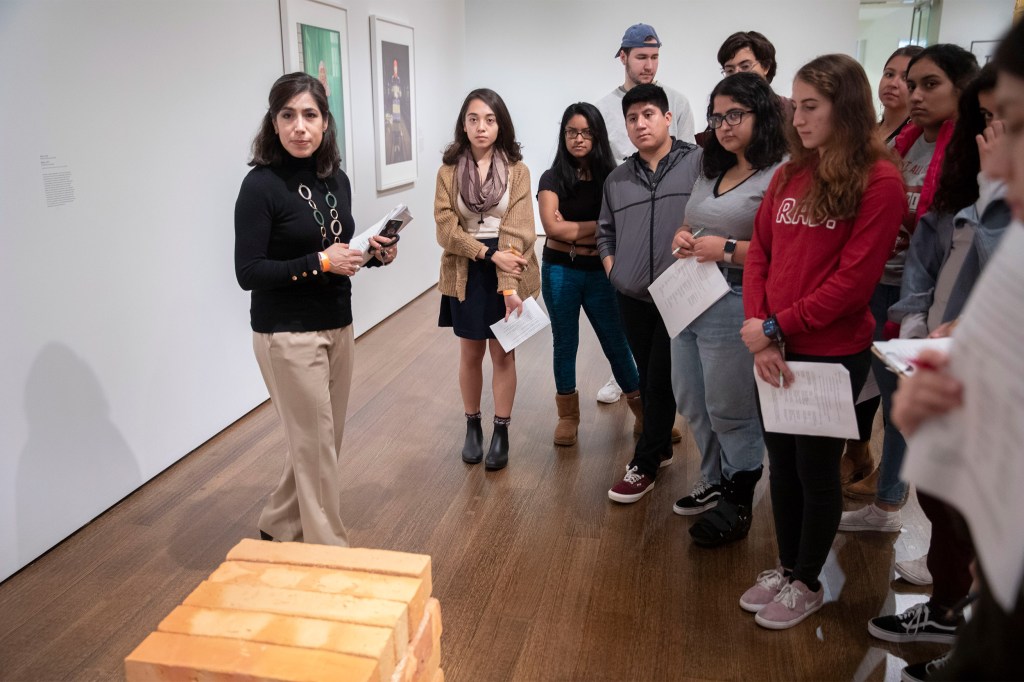
-
College adopts grading policy changes for spring term
In response to the coronavirus pandemic, Harvard College will adopt an Emergency Satisfactory/Emergency Unsatisfactory (SEM/UEM) grading policy for the spring semester.
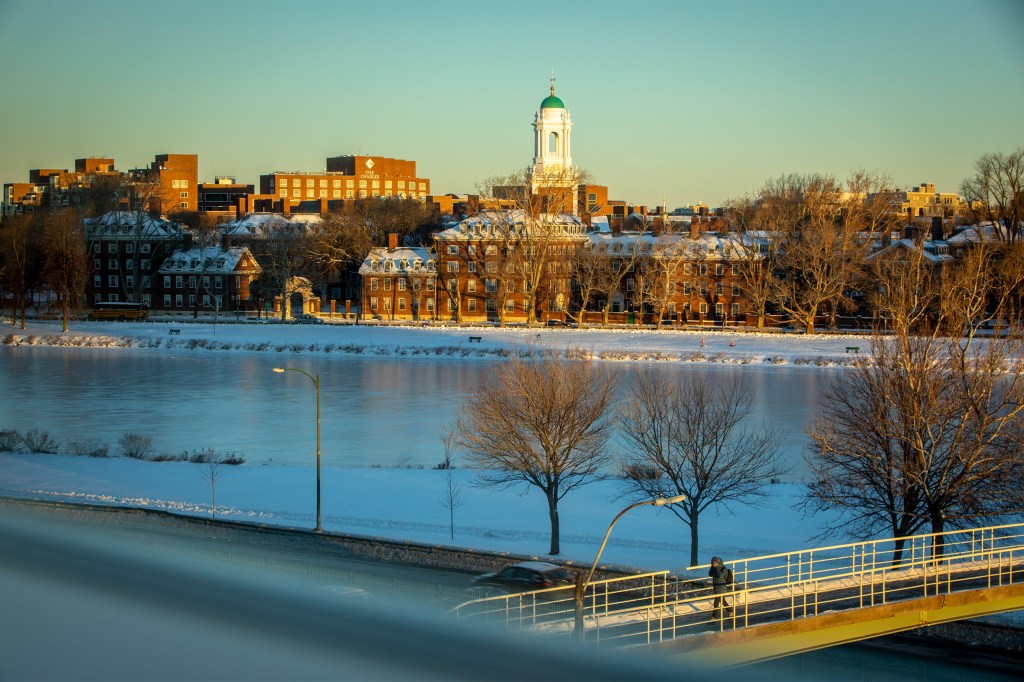
-
An option to serve in COVID-19 fight
Harvard Medical School is offering this year’s graduating students the option to receive their diplomas early so that, if they choose, they can be deployed into hospitals to help with COVID-19 patients.
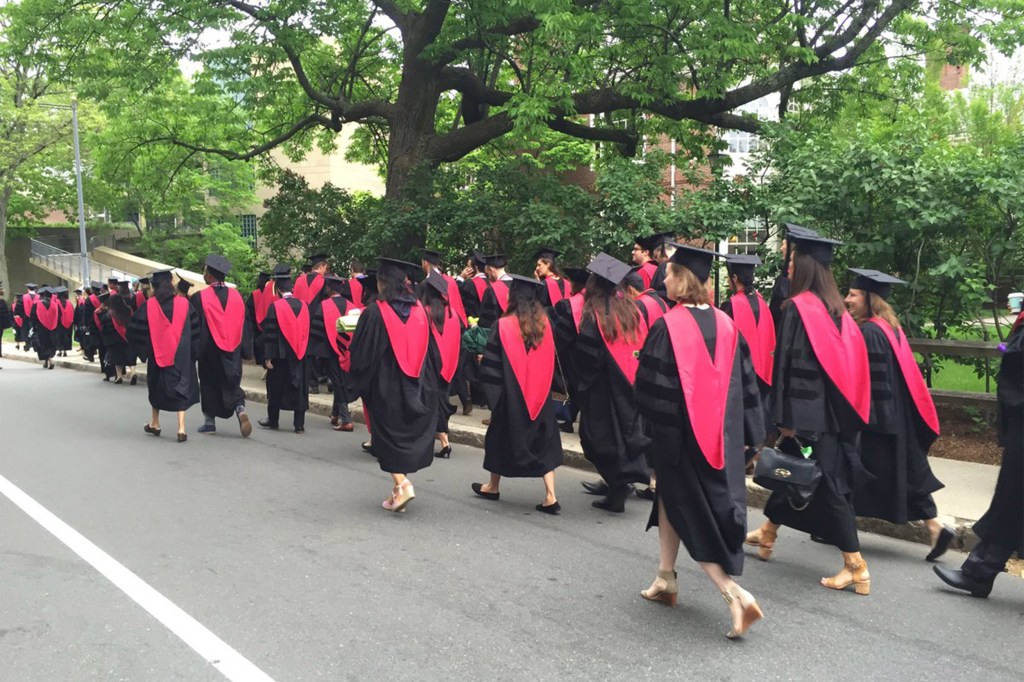
-
Harvard to guarantee workers’ pay, benefits amid coronavirus disruptions
Harvard announces it will guarantee workers’ pay and benefits through May 28, despite disruptions from the coronavirus.
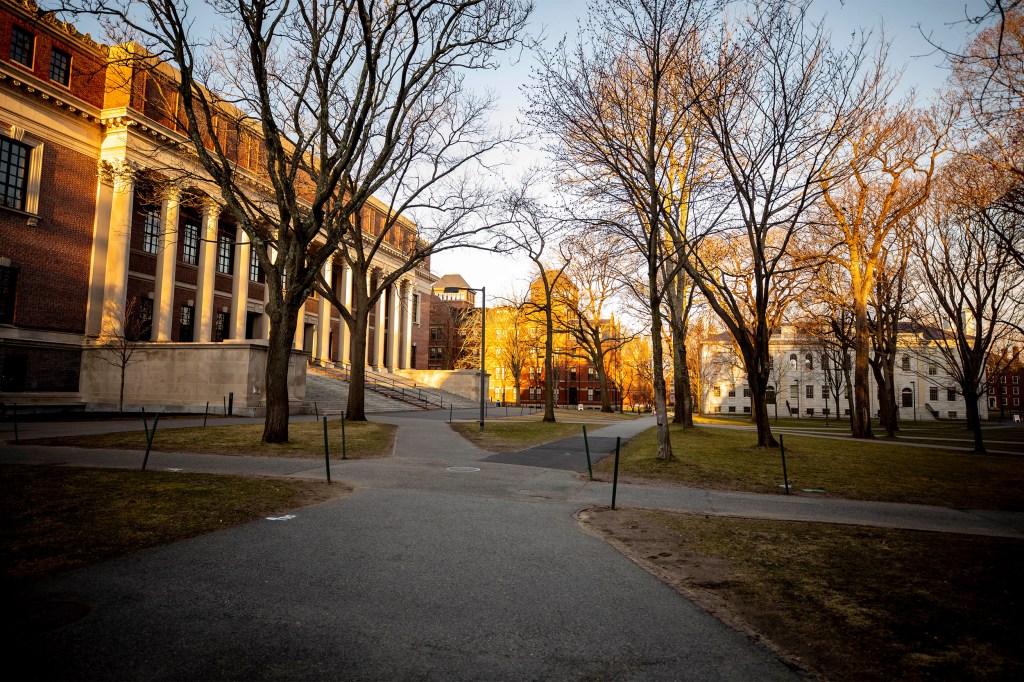
-
1,980 accepted to the Class of 2024
Harvard College announced that 1,981 have been accepted to the Class of 2024 in regular-action decisions.
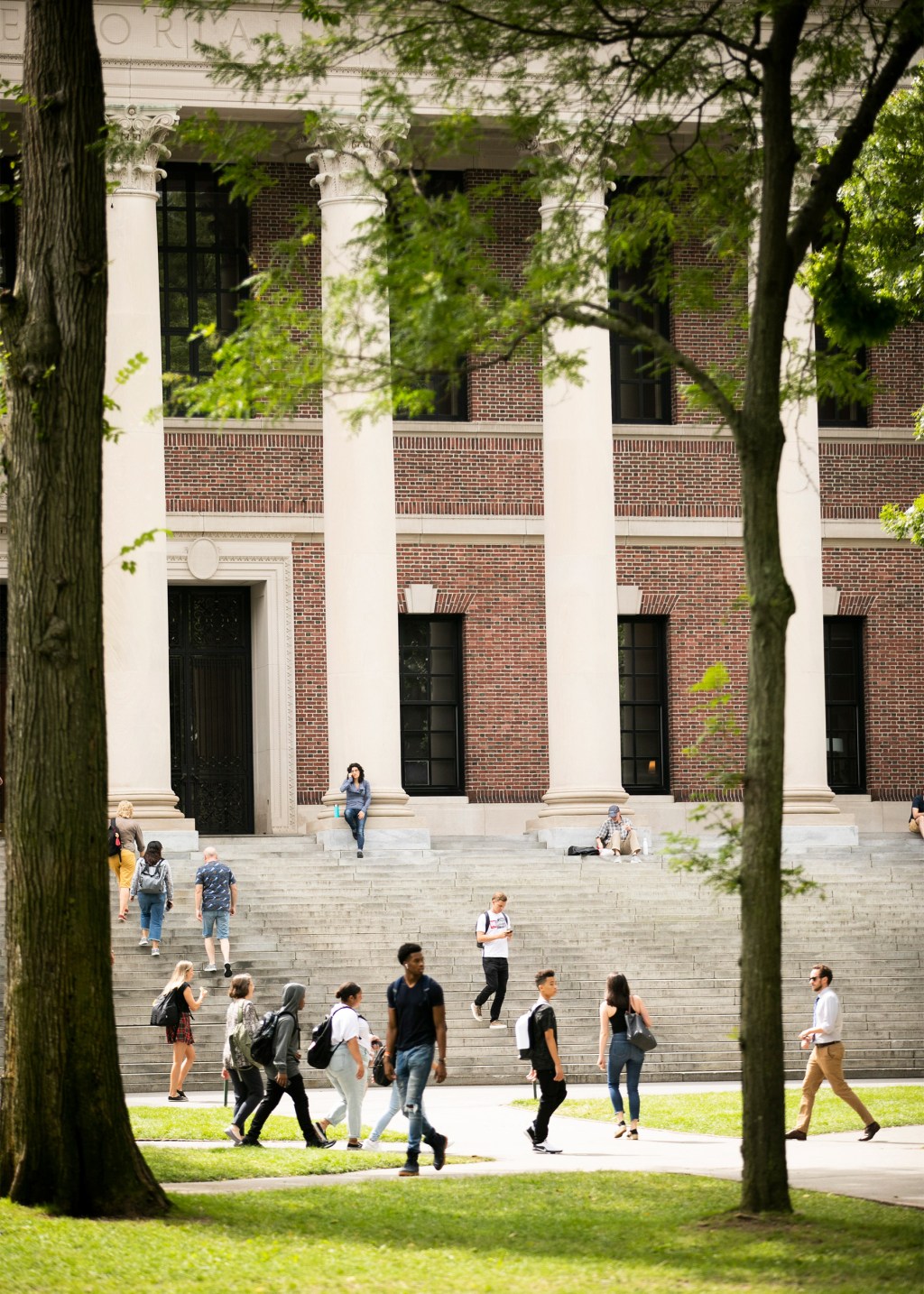
-
Early responses indicate shift to online classes going well overall
Harvard professors offer early responses to teaching online, with some finding hitches tempered by surprising benefits.
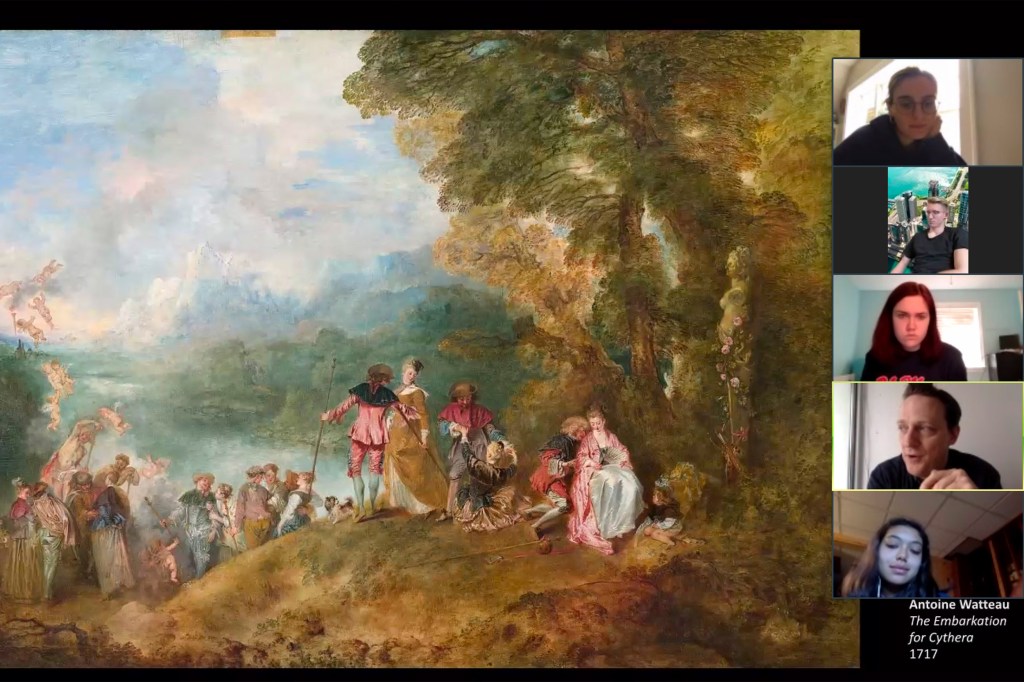
-
From envelopes to emails
For the first time, the annual Harvard Medical School Match Day celebration went virtual in response to the COVID-19 pandemic that has shifted Quad classes online and caused clinical clerkships to be suspended until March 31.
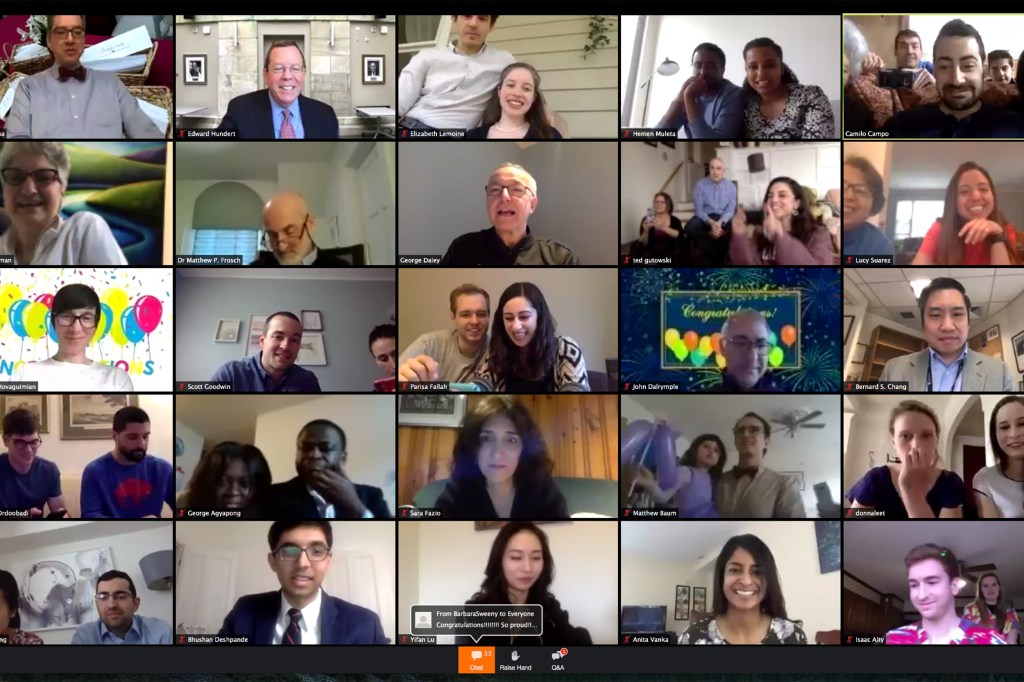
-
Suzannah Clark named director of Mahindra Humanities Center
Suzannah Clark, the Morton B. Knafel Professor of Music and Harvard College professor in the Faculty of Arts and Sciences, has been named the next director of the Mahindra Humanities Center, effective July 1.
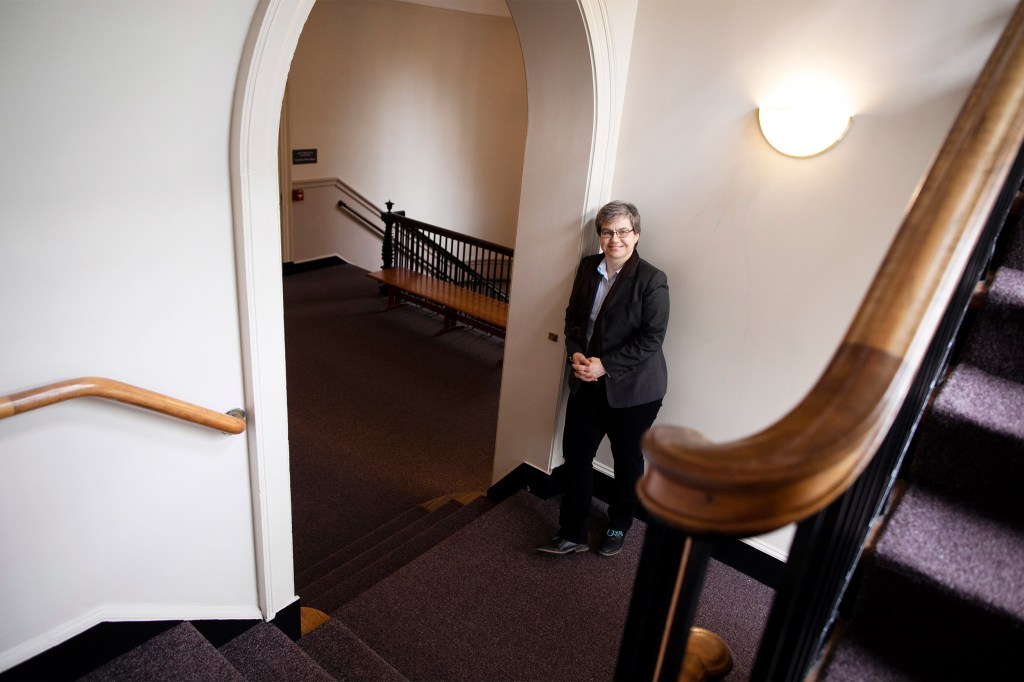
-
How the Socratic method translates online
Professor Jeannie Suk Gersen shares her experience using Zoom to teach her class of 115 students in “Constitutional Law: Separation of Powers, Federalism, and Fourteenth Amendment.“

-
Bringing (virtual) normalcy to the community
A roundup of efforts by the Harvard community to use the web to maintain connection and a sense of kinship.
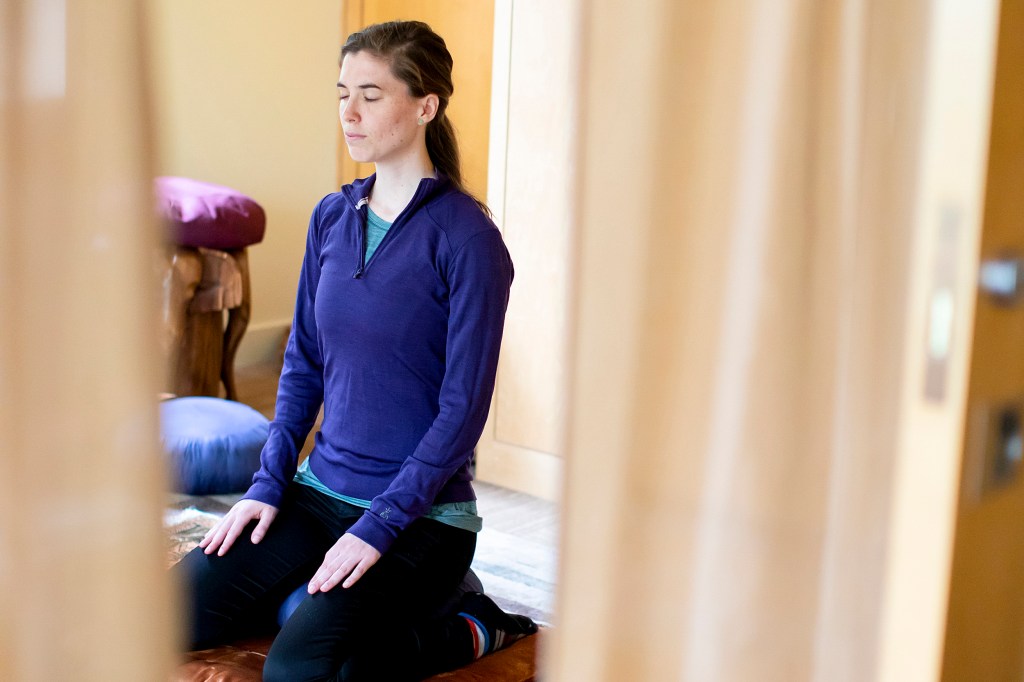
-
A recession playbook
Thomas Hollister details the planning the University had already done for the eventuality of a downturn and what the future may bring amid the coronavirus outbreak.
